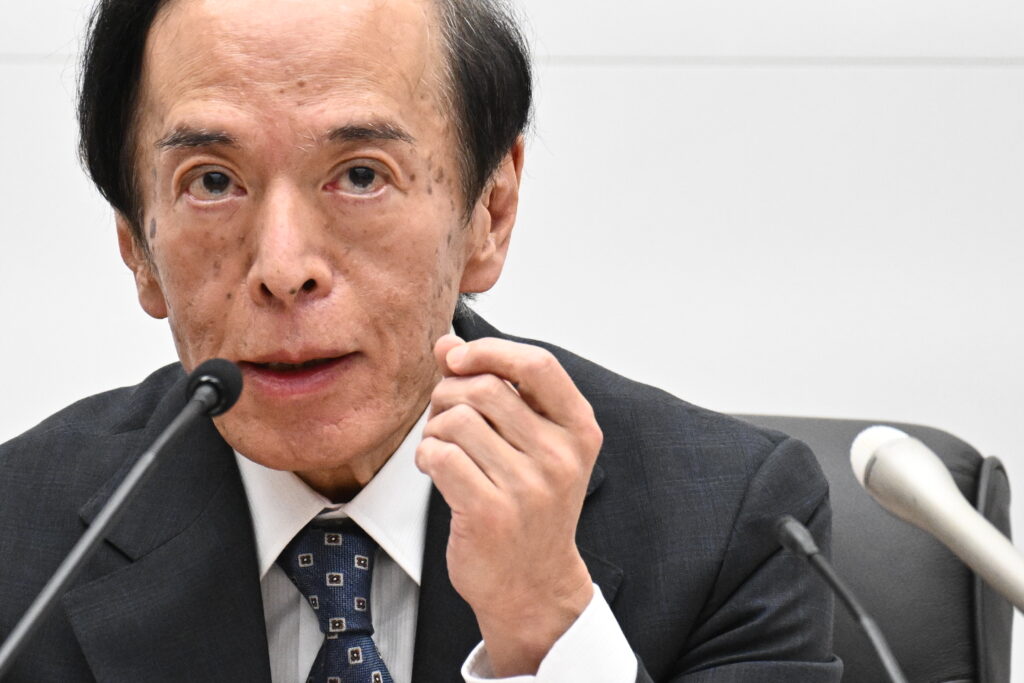
- ARAB NEWS
- 04 May 2024

Tokyo: The Bank of Japan is increasingly wary of the risk of persistently high consumer price inflation, amid widespread moves by companies to pass on higher raw material costs to consumers and raise wages in response to labor shortages.
The BOJ expects inflation in the country to slow from the middle of this fiscal year, but skepticism about this scenario is growing among market participants. There is smoldering speculation that the central bank will revise its massive monetary easing policy.
“Inflation spreading from overseas has already ended, and import prices have started to fall,” BOJ Governor Kazuo Ueda said at a press conference on Friday after the central bank decided to maintain its current policy at a two-day policy meeting that ended earlier in the day.
Ueda noted that upward pressure on prices from high commodity prices and the yen’s depreciation is expected to ease.
Growth in consumer prices is seen “falling below 2 pct,” the BOJ chief said, reiterating the central bank’s stance of not rushing to normalize its monetary policy.
At the same time, Ueda acknowledged that prices have remained higher than initially expected. “If the outlook (for prices) changes significantly, it would lead to policy changes,” he said, indicating that the BOJ will keep a close eye on the inflation situation.
In its quarterly Outlook for Economic Activity and Prices report released in April, the BOJ forecast that consumer prices would rise 1.8 pct from the previous year in fiscal 2023, which started in April. However, many private-sector economists project annual inflation of 2 pct or higher.
In the upcoming July report, the central bank is seen as likely to revise up its inflation forecasts.
In the United States and Europe, central banks could raise interest rates further to combat inflation. Widening interest rate gaps between Japan and abroad could spur the yen’s depreciation, which could accelerate price increases for food and daily necessities.
“From the perspective of avoiding (the easing policy’s) side effects and ensuring flexibility in (policy management), the BOJ is expected to revise its policy in the October-December quarter,” Naomi Muguruma, senior bond strategist at Mitsubishi UFJ Morgan Stanley Securities Co., said.
JIJI Press